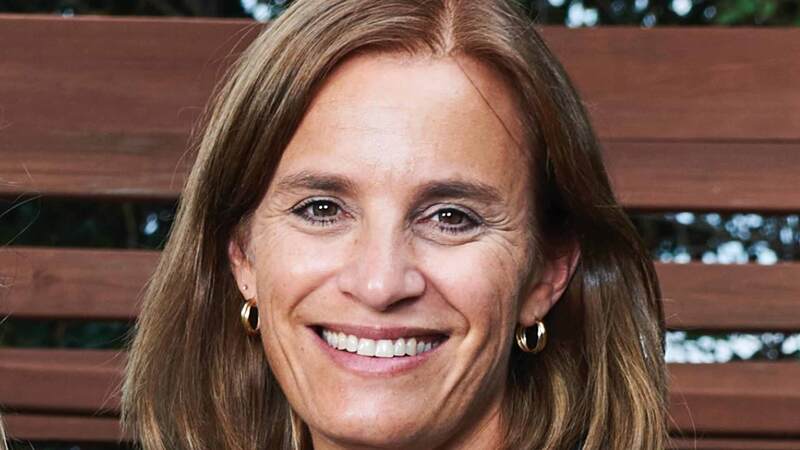You are viewing your 1 free article this month. Login to read more articles.
School of Advanced Study to launch University of London Press
The School of Advanced Study (SAS) at the University of London is set to revive the old Athlone Press with the launch of a new academic imprint.
The University of London Press, originally founded in 1910, operated as Athlone Press between 1949 and 1979. It boasted a varied publishing programme featuring notable thinkers of the day.
The academic imprint will build on a century of publishing tradition by disseminating distinctive scholarship at the forefront of the humanities, said SAS. Based at SAS, the press will seek to facilitate collaborative, inclusive, open access, scholar-led interchange, within and beyond the academy.
Emily Morrell and Kerry Whitston, managers of the University of London Press, said: “Renaming ourselves University of London Press will amplify the exciting work the institutes publish and our strong commitment to open access will mean this work can achieve wide-ranging impact.”
Many of SAS's institutes have been publishing since the 1960s or earlier, either with Athlone Press or under their own imprints. Some have been publishing open access scholarship since the late 1990s. SAS currently publishes around 25 books a year, about half of which are immediately available as open access. There is also a programme to digitise and make freely available selected titles from the 600-strong backlist. The new University of London Press brings these distinctive publishing activities together, said SAS.
Professor Wendy Thomson, the University of London’s vice-chancellor, said: “I am delighted that the historic University of London Press name is to be revived and that the University is increasingly publishing open access research.”
Professor Rick Rylance, dean of the School of Advanced Study, added: “SAS is a national centre for the promotion and facilitation of work in the humanities and social sciences. Strong publication is central to its mission, so we are delighted by the launch of the University of London Press, especially its commitment to increasing access to excellent work.”














